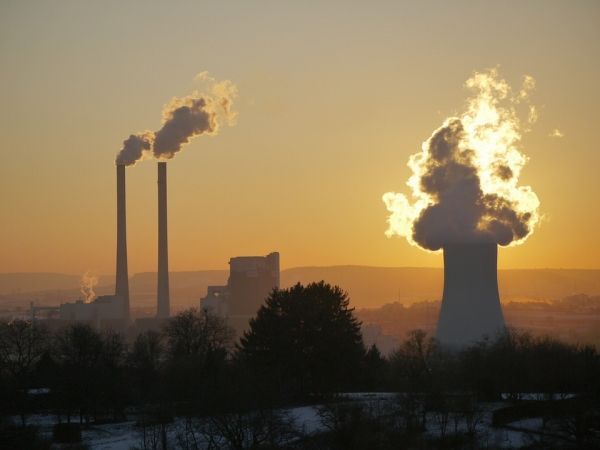In a comprehensive study, researchers from Texas A&M University have determined that harmful particulate matter in the atmosphere can produce birth defects and even fatalities during pregnancy using the animal model.
The team of researchers from Texas A&M’s Colleges of Agriculture and Life Sciences and Geosciences, the Texas A&M Health Science Center, and colleagues from the University of California-San Diego has had their findings published in the current issue of PNAS (Proceedings of the National Academy of Sciences).
Using female rats, the team examined the adverse health effects of exposure to fine particulate matter consisting of ammonium sulfate commonly found in many locations around the world. Large fractions of this substance were detected not only in Asia, but also in Houston (51 percent) and Los Angeles (31 percent).
During winter months in China and India, where severe haze events frequently occur, fine particulate matter levels were especially high at several hundred micrograms per cubic meter, the team concluded.
Read more at: Texas A&M University
Texas A&M researchers have linked breathing bad air to the potential for numerous problems for pregnant women. (Credit: Getty Images)


